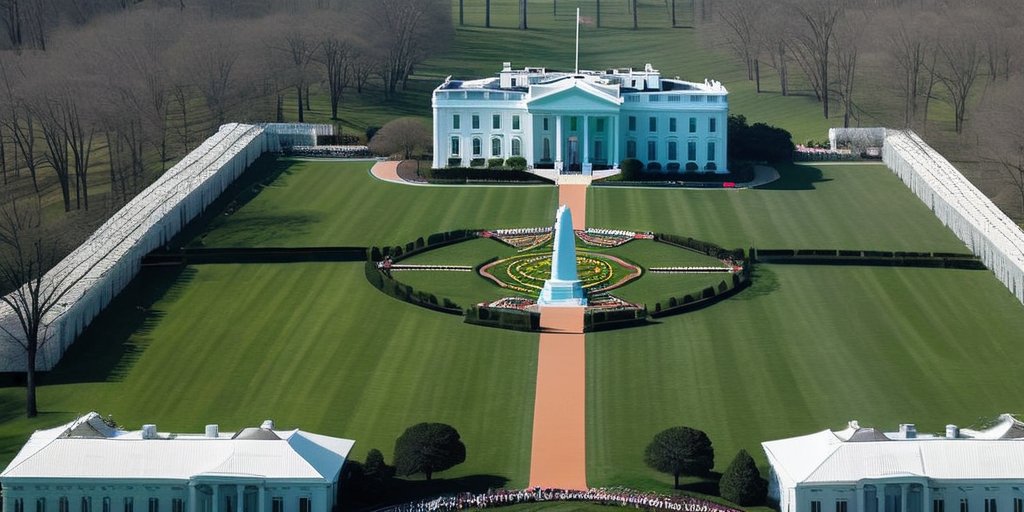The White House, now led by President Donald Trump, has taken an unprecedented step this year by promoting corporate sponsorships for its annual Easter Egg Roll event, drawing sharp criticism from ethics experts and former officials alike. Through a contract with Harbinger, a production company previously involved during Trump’s first term, the administration is soliciting sponsorships ranging from $75,000 to $200,000. The sponsorship promises lucrative opportunities for logo and branding visibility, which raises significant ethical questions about the use of public office for private gain.
The White House Easter Egg Roll, a cherished tradition since the days of Rutherford B. Hayes in 1878, has typically been funded privately and has relied heavily on contributions from the American Egg Board. This new initiative is seen as a stark departure from prior norms where corporate logos and branding were highly constrained. Richard Painter, a former White House counsel under George W. Bush, stated, “This wouldn’t have gotten through Counsel’s Office in my day,” highlighting how different the current approach is compared to past administrations.
The pitch document for sponsorships showcases both the White House symbol and Harbinger’s branding, offering various incentives such as naming rights for specific areas, branded snacks and souvenirs, and social media mentions. Other exclusive perks include access to an invite-only brunch with First Lady Melania Trump and private tours of the White House.
This new commercial venture elicited reactions not just from former government employees but also from the public, who expect the event to remain a family-friendly gathering rather than a corporate marketing opportunity. Critics argue this commercialization undermines the integrity of the presidency and blurs the lines between government functions and private enterprise.
Despite pushback, the financial logic behind seeking sponsors is evident, as staging and producing this large-scale event involves significant costs. Historically, funding for the Easter Egg Roll came from a mix of corporate partnerships and in-kind donations, but this year’s aggressive sponsorship campaign signals a shift towards more open corporate engagement.
While some arrangements in the past required minimal branding to comply with White House counsel regulations, the current administration’s strategy raises new legal and ethical questions. These types of sponsorships, according to Donald Sherman from Citizens for Responsibility and Ethics in Washington, represent a concerning trend of leveraging the prestige of the White House for commercial gain. Sherman noted, “I have never seen anything like this before associated with a White House.”
In essence, this year’s Easter Egg Roll may serve as a new model for future presidential events, potentially redefining how government and corporate interests intermingle in public spaces. Whether this shift reflects a broader change in administrative practices remains to be seen, but it undoubtedly sets a precedent worth monitoring as concerns over ethics and transparency in governance grow.
